Climate Change
Recent projects
Climate change is real and deadly dangerous.
Climate change is threatening wildlife around the planet – and time to mitigate the damage is running out. Scientists warn that the effects of global warming are far worse than the politicians grasp realize. Unless we take immediate, drastic and decisive action, our survival and that of animals and ecosystems is severely imperiled.
The current climate crisis.
In recent decades, ecologists have observed significant changes in the condition and distribution of wildlife across the globe. These changes are occurring at unprecedented rates, higher than expected for any species.
Global warming is already having a devastating impact on our environment and the world’s animals. Intense and more frequent droughts, storms, floods and temperatures; melting glaciers; rising sea levels, and warming oceans are directly harming animals, damaging the environments in which they live, and wreaking havoc on ecosystems.
From polar bears in the Arctic to turtles off the coast of Indonesia, the survival of much life on Earth is at risk from the changing climate and warming planet. Wildlife migrations are disrupted, reproductive behavior is changing in many species, animal populations are diminishing and thousands, of animal species are becoming extinct every year. Thousands – if not millions – of species are racing towards extinction.
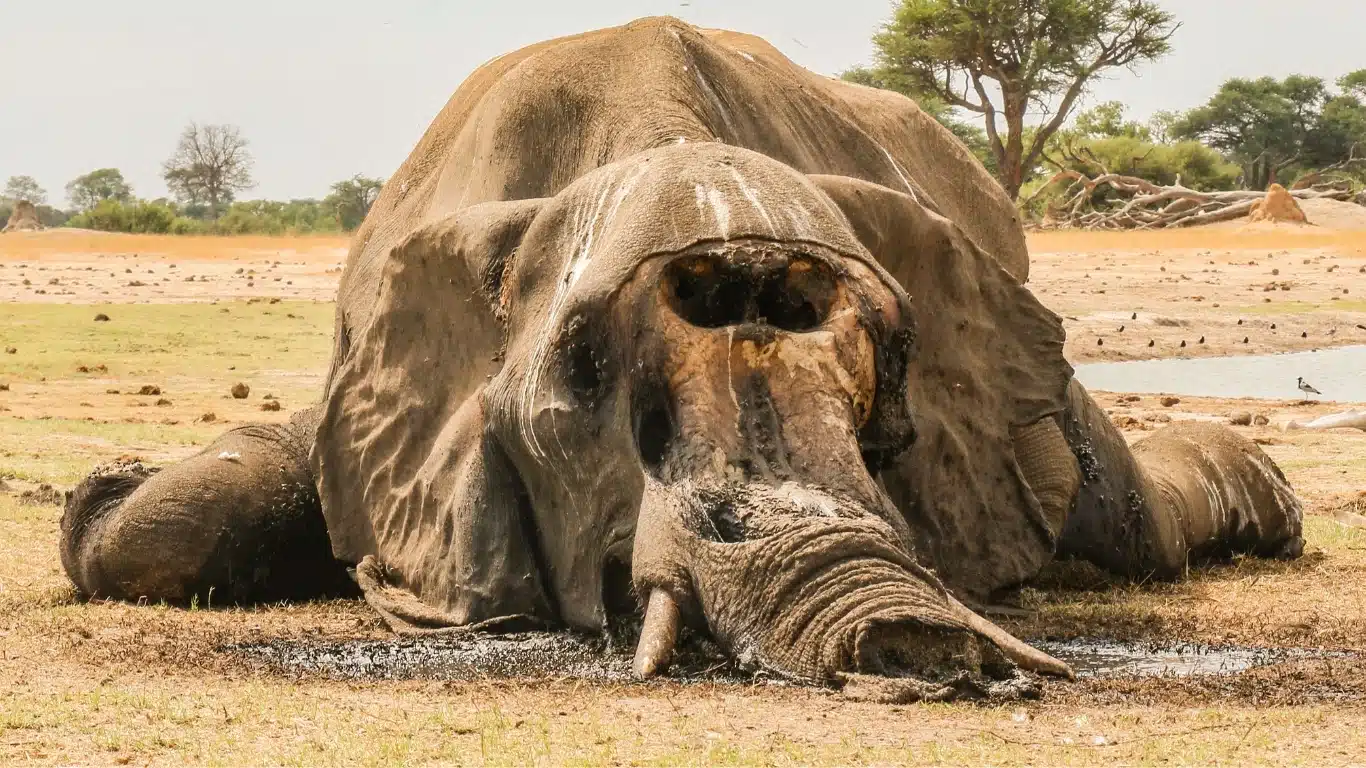
What we do to protect animals from the worsening climate crisis.
East Africa 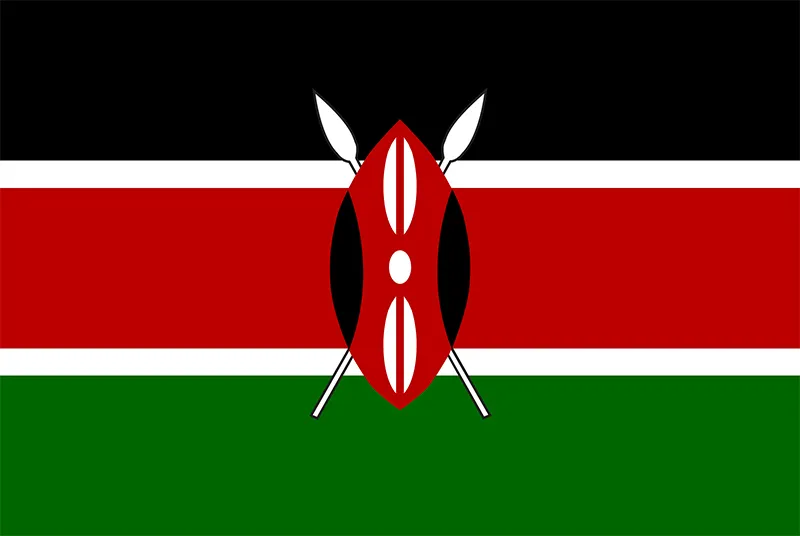
In northern Kenya, wildlife is under constant, mounting pressure. The country’s worst drought in decades, attributed to climate change, crippled communities and wiped-out precious wildlife in droves. Endangered species like the reticulated giraffe – estimated to number only 6,000 – raced towards extinction as they dropped dead of thirst on the Kenyan landscape. The drought finally broke in the first half of 2023, bringing with it devastating flash floods.
Compounding the water crisis is that, in wildlife areas, farmers illegally chop down forest trees and burn them for charcoal, leaving behind a destroyed habitat and resulting in hunger and death for wild animals. The effect on elephants is particularly disturbing. Once the forests are gone, and their food with it, the elephants go closer to human settlements. This results in increased human-wildlife conflict and increases the possibility of poaching for the illegal ivory trade.
In terms of drought relief, we worked with local partners to install boreholes in some of the most critically affected areas. We also sent water trucks to bring relief to wildlife who traveled great distances only to discover dried-up watering holes and often dropped dead on their banks.
In tackling deforestation, an effective long-term solution is “Operation Seedballs”, a reforestation project in partnership with Seedballs Kenya. Seedballs are made using modified charcoal dust to create a protective layer around a seed. The seedballs are then dropped from helicopters, motorbikes or rangers on foot in deforested areas and other areas not affected by extreme drought, mimicking the way seeds are naturally distributed by birds. When the region gets its seasonal rain, the dust dissolves and seeds germinate at the ideal time of year. This project is a cost-effective and efficient way to reintroduce tree and grass species into degraded zones.
In 2023, we donated one ton of seedballs to organizations and conservancies across Kenya. This amounts to a minimum of 5,000 trees if 1% germinate (the anticipated minimum) and a possible 50,000 trees if conditions are optimum. With your ongoing support, we will continue to seed a better future for countless threatened and endangered animals.
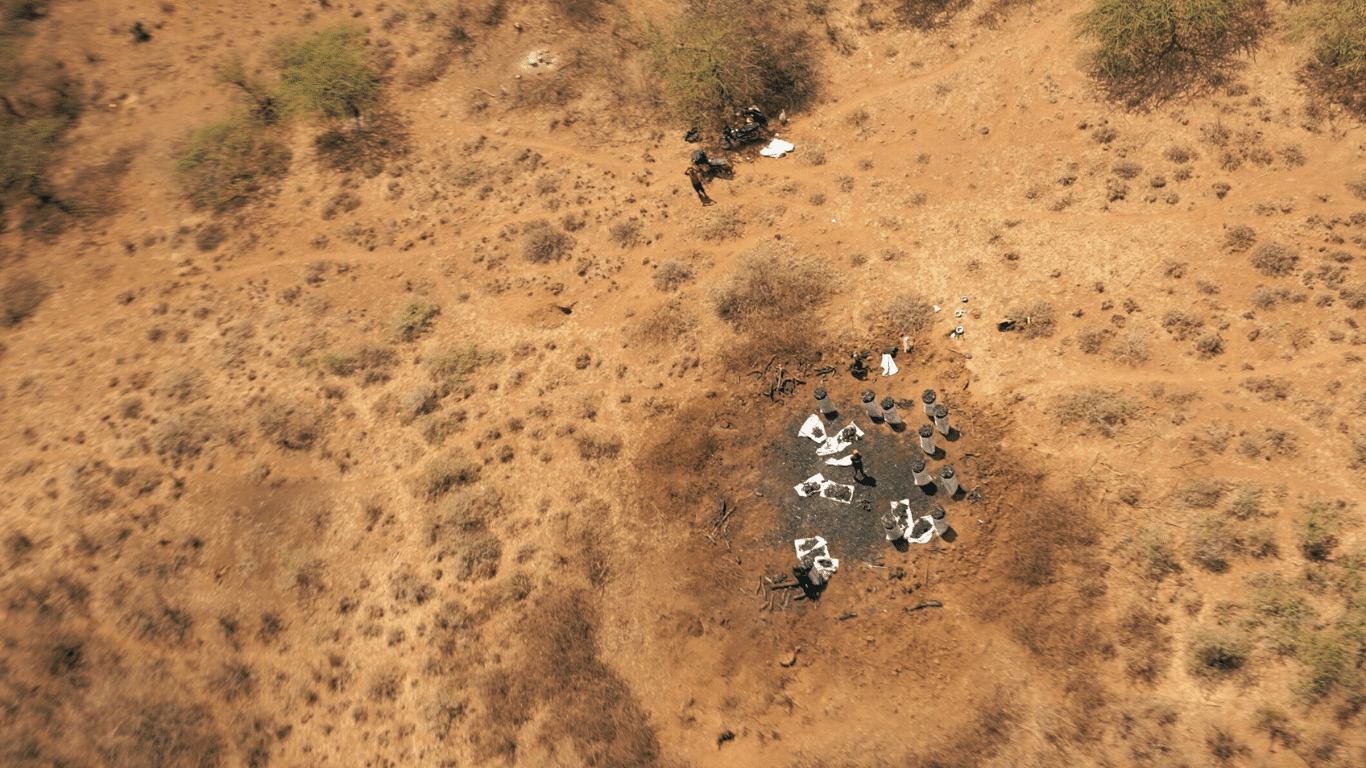
West Africa 
Greenfingers Wildlife Conservation Initiative (GWCI) in Lekki, Nigeria, rescues pangolins and other small species from bushmeat markets, the illegal wildlife trade and abusive situations.
In September 2023, the sanctuary was severely damaged after significant flooding from heavy rains, and several animals were sadly killed. ASI sent funding to repair the sanctuary, and to make upgrades to help prevent future flood damage and the loss of more animal lives.
Once restoration is complete, GWCI plans to establish a dedicated pangolin clinic and nursery, the first in Nigeria. This will create a safe environment where these sensitive and vulnerable animals can be protected from disease and other environmental factors during their rehabilitation, a painstaking process which can take up to a year. After they are fully rehabilitated, they are released into safe, protected reserves. With our supporters’ help, we will continue to support GWCI’s wildlife rescue and rehabilitation efforts, while contributing to the construction of the dedicated clinic.
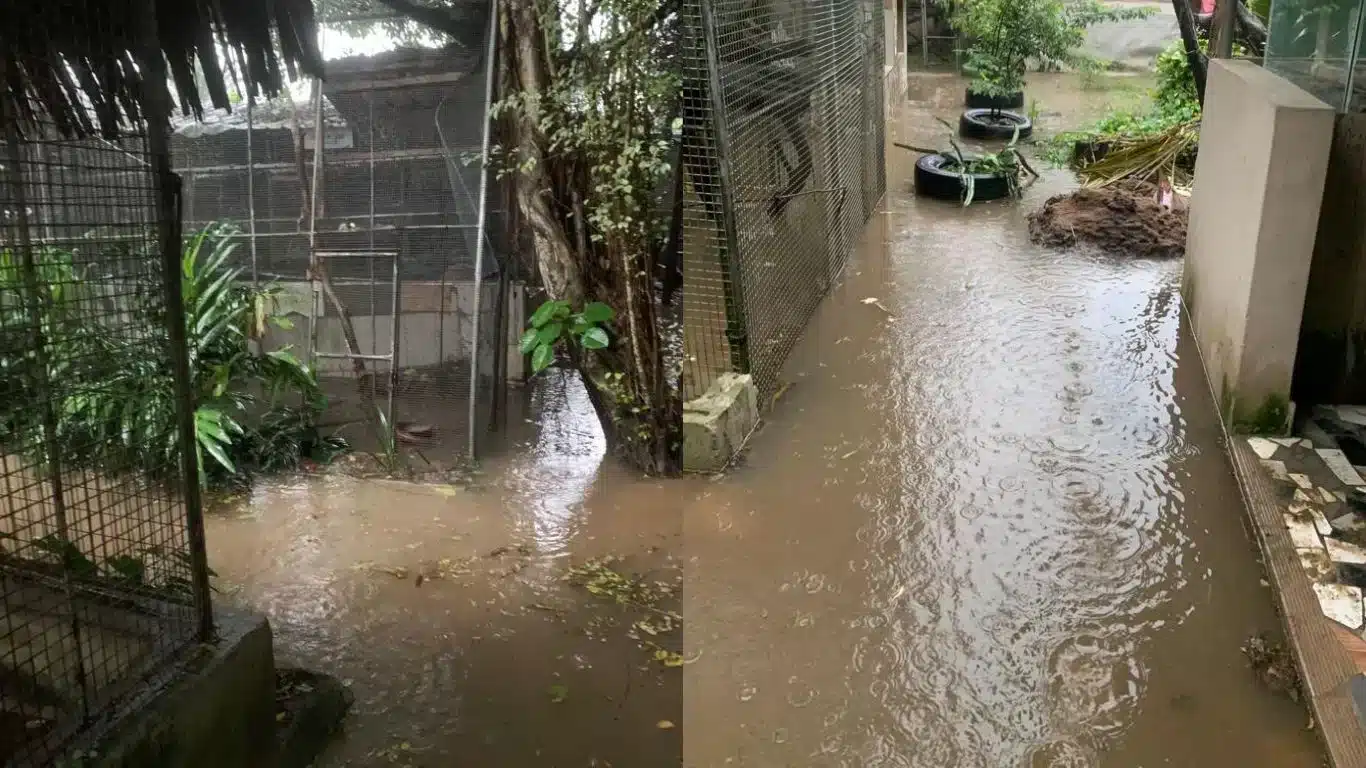
Greece 
ANIMA, Greece
The Wildlife Rehabilitation Association (ANIMA) in Athens rescues upwards of 5,000 wounded, sick or orphaned animals every year. ANIMA is the only organization helping wildlife rescue and rehabilitation in the capital, and without its help, animals would have little hope. In July 2023, when devastating wildfires broke out across large swathes of Greece, we partnered with ANIMA as they raced into disaster zones to rescue burnt, trapped, displaced and dehydrated animals. We funded rescue vehicles, food, transport crates and medicines. Rescued animals were rushed to ANIMA’s clinic for critical treatment, and will be released once fully healed.
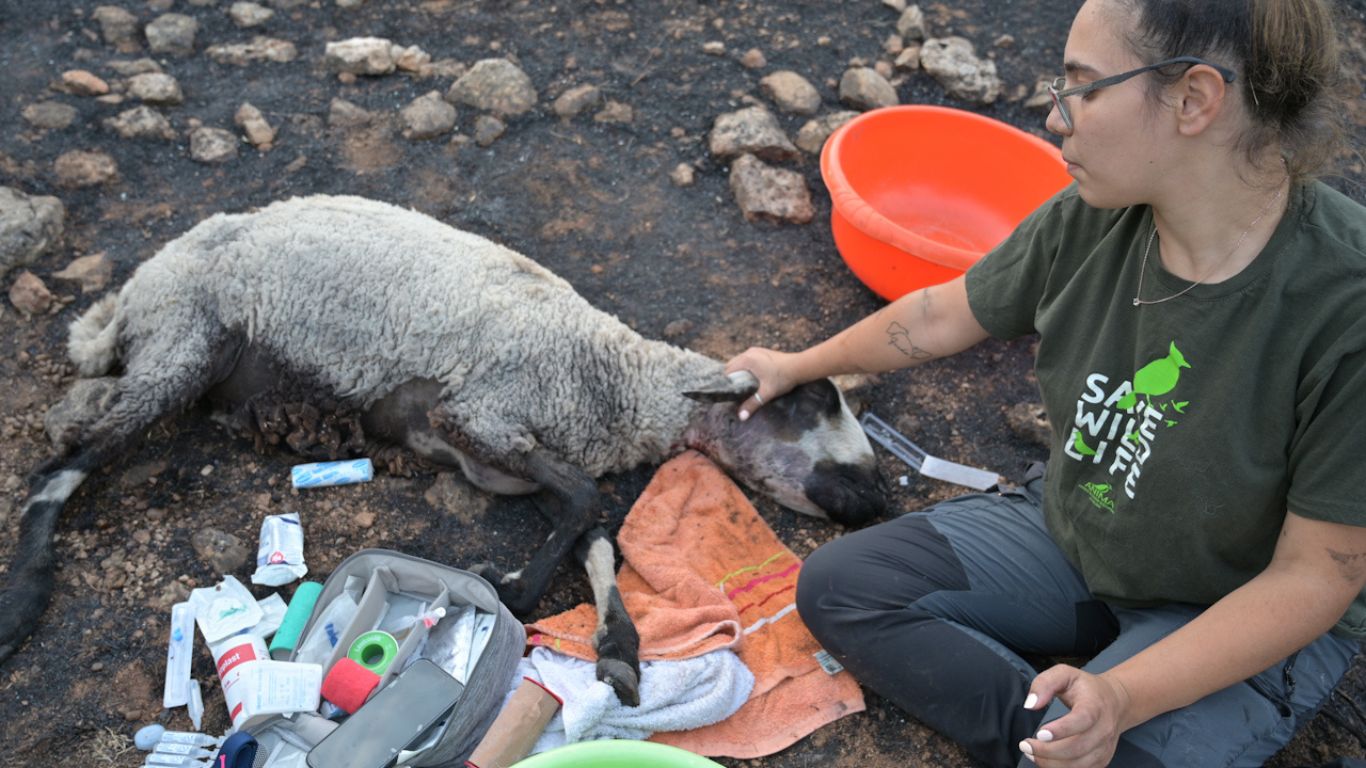
Southern Africa 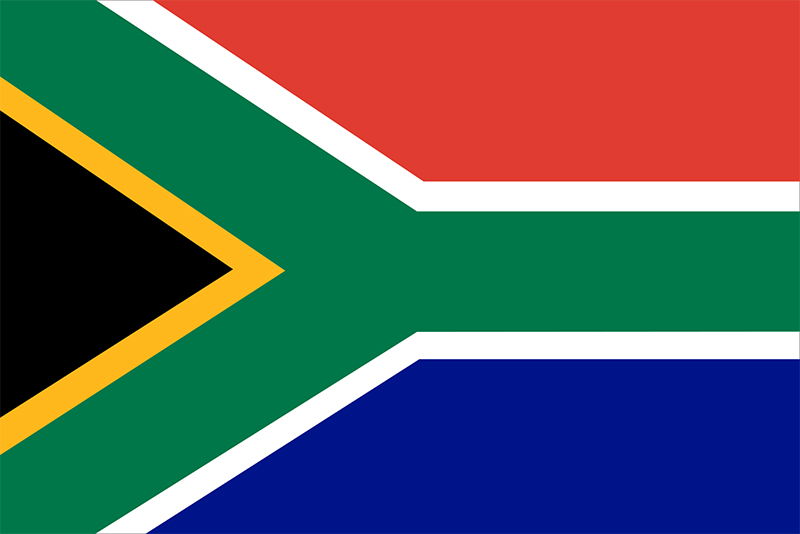
From 2021, through the support of our donors, we were able to install six six state-of-the-art solar-powered water pumps to keep the park’s main camp waterholes full.
In early 2022, we succeeded in carrying out phase two of our critical project by installing two additional pumps for waterholes in the park’s northernmost area to bring relief to the 28-strong elephant family living there.
Addo is also home to a critical penguin breeding ground at Bird Island, which due to changing weather patterns has been battered by fierce and unrelenting weather conditions. We help fund the rescue and rehabilitation of vulnerable African penguin chicks here who have been abandoned by their mothers due to extreme weather conditions and food scarcity.
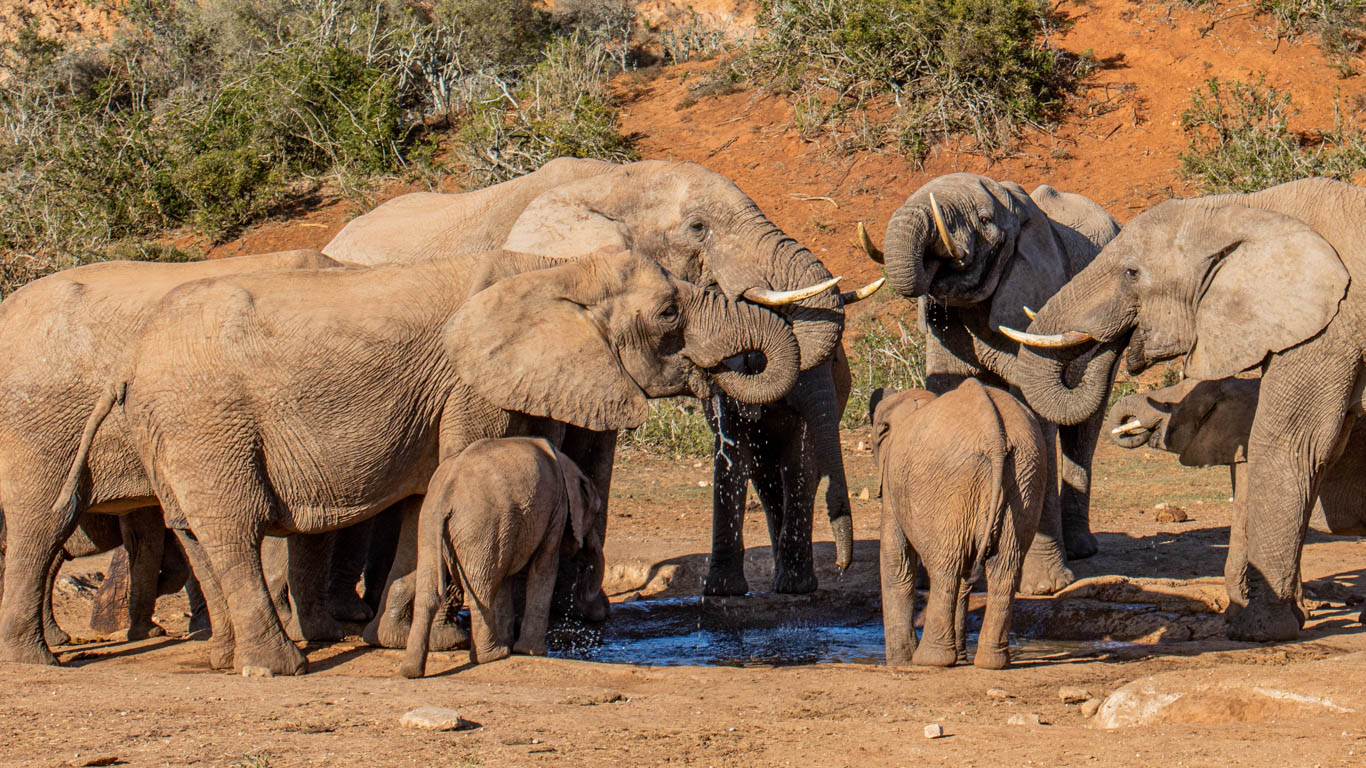
Hwange National Park in Zimbabwe is home to thousands of vulnerable and endangered wild animals, including around 45,000 African elephants. Because of a lack of surface water in the park, exacerbated by the area’s worst drought in 50 years, elephants struggle to remain hydrated, or become stuck in sticky, muddy waterholes in their desperate search for water. To provide life-saving water to the elephants, water pans are filled via pumps, which bring the precious resource from deep underground. But the majority of the pumps – powered by generators – are currently only able to operate for a maximum of eight hours a day, while the devastating drought means they need to operate 24/7 to provide sufficient water to the elephants and other animals.
We partnered with Friends of Hwange (FOH) to develop an innovative solution to this crisis. With the use of solar-powered batteries, the pumps can operate for 24 hours a day, providing a constant and sufficient supply of water to the elephants. These massive animals consume between 40 gallons (150 liters) and 53 gallons (200 liters) each per day, requiring millions of gallons daily to ensure that every elephant gets the water they need to survive and thrive.
So far, our supporters have enabled us to buy one entire solar-powered battery system, but the park will ultimately need 10 over the next few years. With our donors’ support, we will continue to help fund this vital project, helping to save thousands of elephants from dehydration and even death.
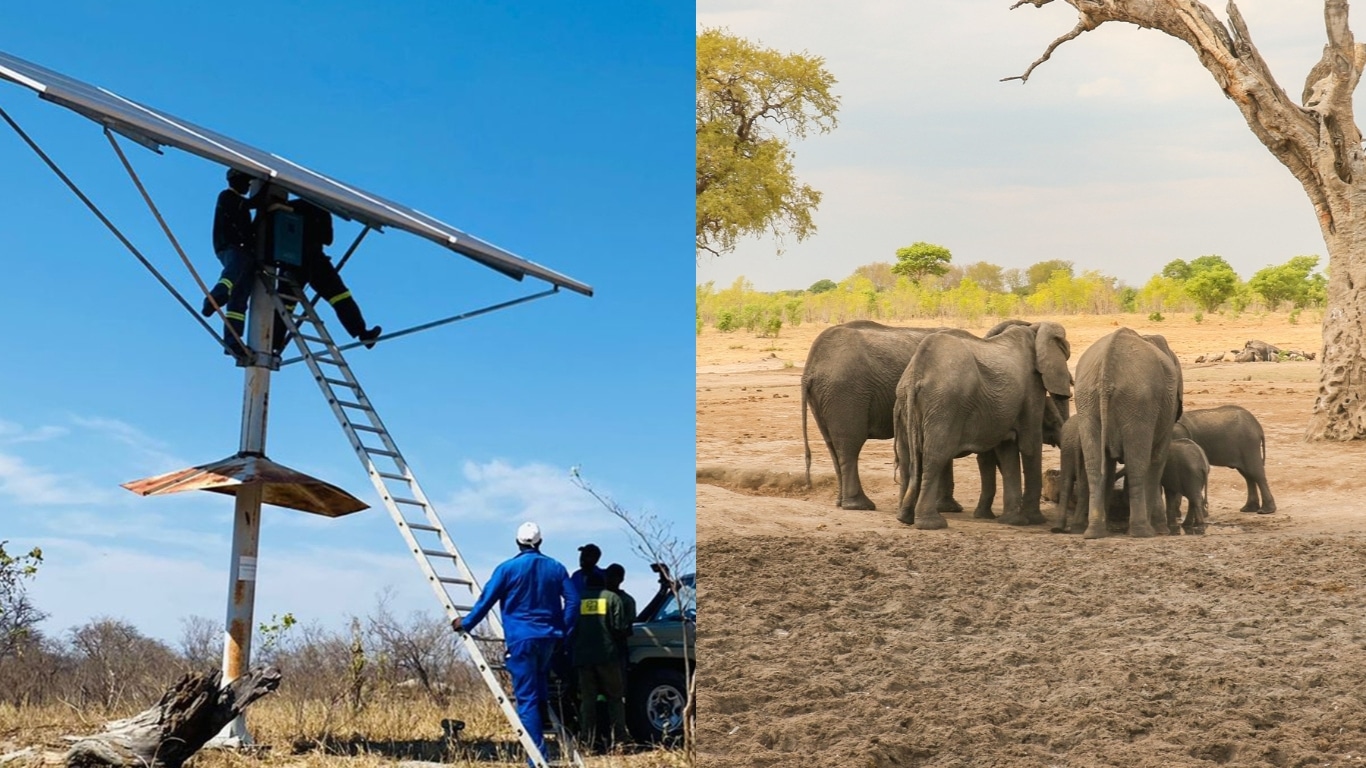
Globally ![]()
Over and above our current projects, we support research and raise awareness on climate-related issues so that globally, animal populations stand a chance to survive. We also pledge to hold those in power accountable for their actions, calling them out when lip service and lax enforcement fail to get the job done. Our campaigners continually search for more ways take action on the ground, and make a meaningful impact for animals.
We need to take urgent action to address the climate crisis. Reducing the use of fossil fuels, insisting on government policies, pressurizing large corporations to reduce their carbon emissions and helping animals adapt to a changing climate will help ensure we save all life on the planet.
